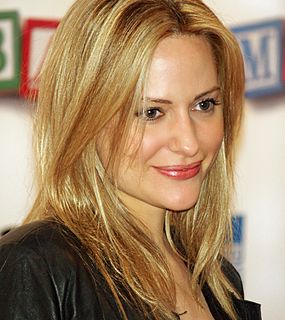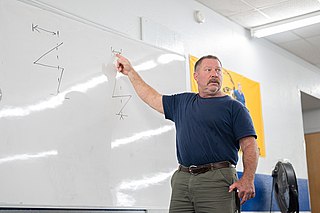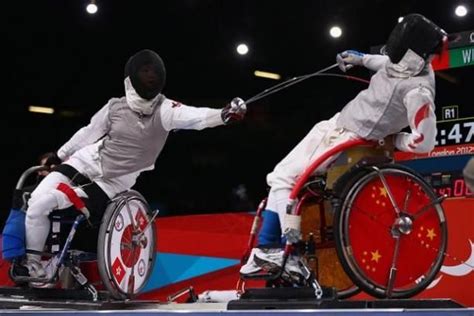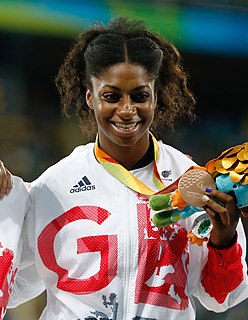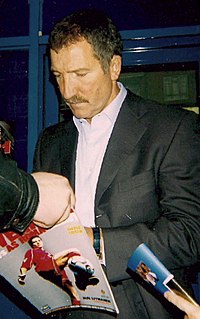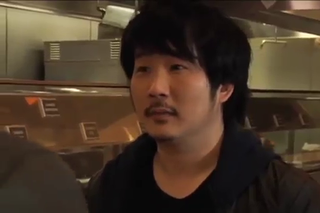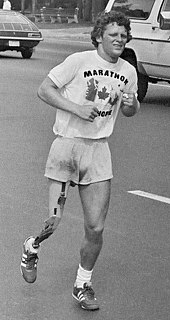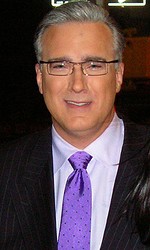A Quote by Aimee Mullins
It's factual to say I am a bilateral-below-the-knee amputee. I think it's subjective opinion as to whether or not I am disabled because of that. That's just me.
Related Quotes
There’s an important difference and distinction between the objective medical fact of my being an amputee and the subjective societal opinion of whether or not I’m disabled. Truthfully, the only real and consistent disability I’ve had to confront is the world ever thinking that I could be described by those definitions.
I am of the opinion that anyone who can squat 400 lb below parallel without a suit or press200 overhead has a strong core. I am of the opinion that when a person increases their squat, theyhave increased their core strength. I am also of the opinion that if a person wants to strengthentheir core, they must make something quantifiably stronger.
I am so proud of being a Paralympian because I think the Games are a very good platform for disabled persons to perform themselves. Within the Paralympics movement, it's not just talk about excellence; it's not just talk about the competition. It's also talk about the equality and how your world accepts those disabled people.
The night before my amputation, my former basketball coach brought me a magazine with an article on an amputee who ran in the New York Marathon. It was then I decided to meet this new challenge head on and not only overcome my disability, but conquer it in such a way that I could never look back and say it disabled me.
